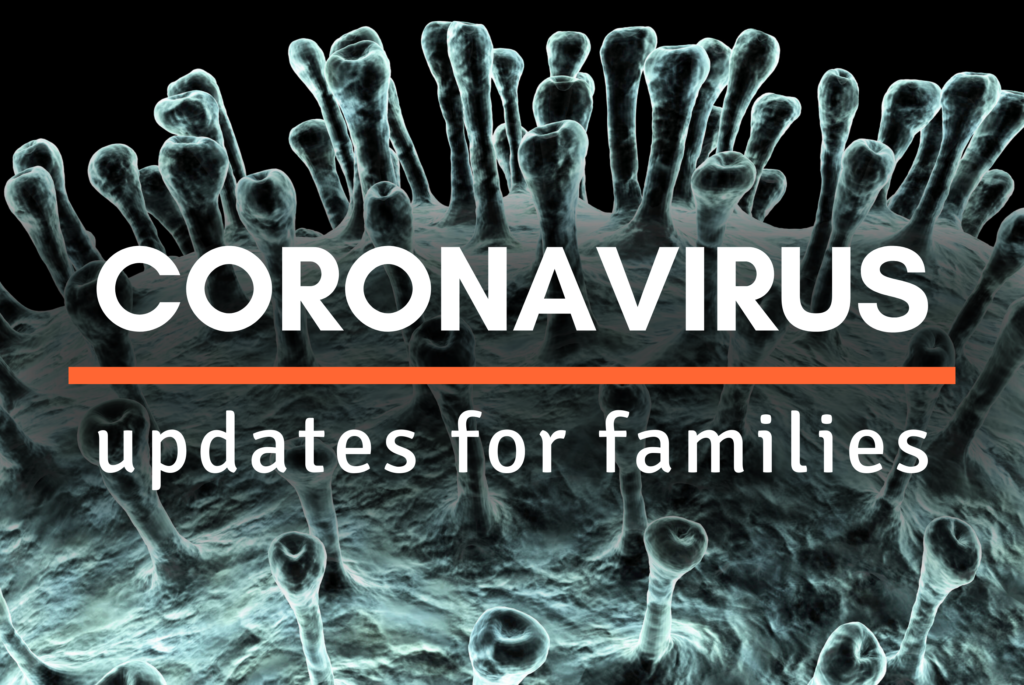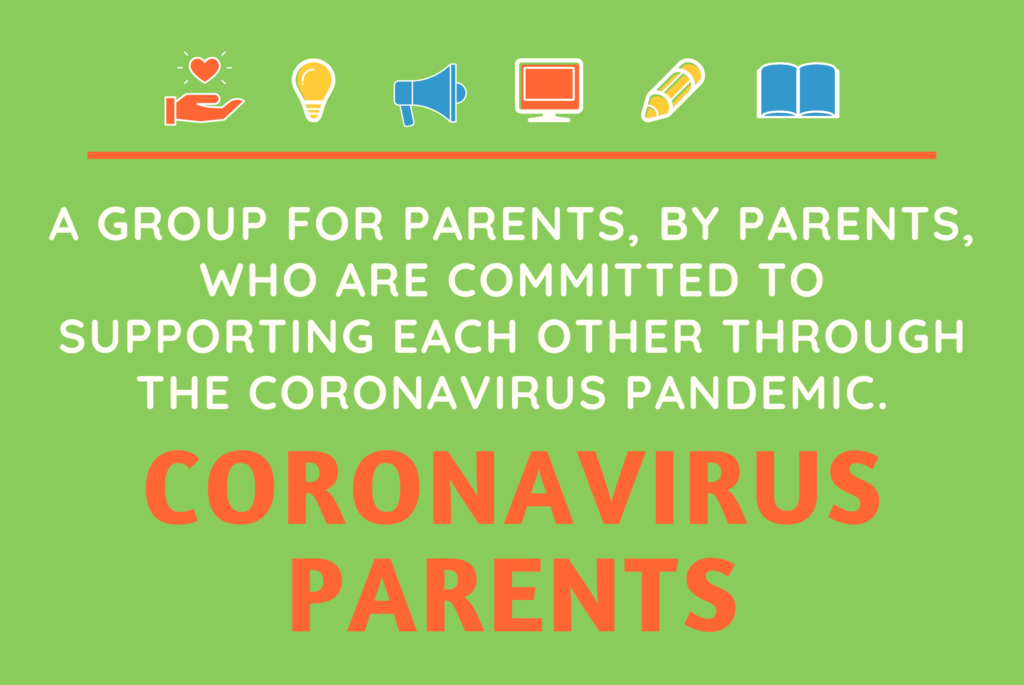Updated March 4, 2020. Public concern about a possible coronavirus disease 2019 (COVID-19) outbreak in the U.S. is on the rise, and with good reason—we all want to keep our families safe and healthy. There have been nearly 150 coronavirus cases in the U.S. so far across 13 states, with 10 deaths attributed to the outbreak. The Centers for Disease Control and Prevention (CDC) announced this week that “now is the time for businesses, hospitals, community schools, and everyday people to begin preparing.” But what does pandemic preparation look like for regular families?
Most preparation includes common sense measures you might take for a natural emergency like a hurricane, plus precautions common to the regular flu season, such as regular handwashing. In fact, Edith Bracho-Sanchez, MD, a pediatrician with Columbia University Medical Center, told NPR that every family should immediately make a new habit of washing your hands thoroughly as soon as you walk into your home, which can help prevent spreading any viruses or germs you may have picked up while you were out.
But beyond that? Here’s a checklist of tips and supplies that can help you keep your family safe and healthy until this threat has passed.
- Talk to your kids. They’ve likely heard about the coronavirus and potential pandemic from friends, or overheard bits of info from the news, and might be worried. Knowing that you’re considering the preventative measures outlined here will probably be very comforting. You can also read this kid-friendly comic together, which outlines the basics in an easy-to-understand, non-threatening way.
- Check your medicines. If you or anyone in your family takes prescriptions, make sure you have at least a few weeks’ supply at home. In the event that insurance won’t pay because you’re not due for a refill, try calling your local pharmacist, who might be willing to order your medications ahead of time so that at least they’re on hand in case of emergency. It’s also a good idea to make sure you have a variety of over-the-counter medicines available, including regular cold/flu remedies and fever reducers.
- Stock up on staples. The main point here isn’t so much to have food stockpiled, it’s to avoid crowds as much as possible; you don’t want to have to stand in long lines at the store during an active outbreak. For food, a few weeks worth of canned goods and dry foods like rice, cereal, and pasta, which are shelf-stable and versatile, are good choices. In case anyone does come down with something, you might want to pick up some comfort foods like soup and hydrating drinks. Remember to get extra formula and diapers if you have a baby, and pet food for your furrier family members.
- Don’t forget hygiene. As you stock up on meds and food, don’t forget toiletry essentials like toilet paper, tissues, soap, detergents, and tampons or pads. As for cleaning supplies, harsh antibacterial cleansers aren’t necessary or recommended—in fact, they can contribute to germs becoming antibiotic resistant. Bleach wipes or alcohol work well, but even soap and water should do the trick. Coronavirus is contained in a “lipid envelope” on surfaces outside the body, which can be broken by soap, thus killing the virus. Plan to wipe surfaces down frequently—up to several times a day if someone in your house is sick.
- Think ahead. Schools in Japan, China, the UK, and several other countries have closed schools in order to help contain local outbreaks, and in early March a dozen Washington state schools closed as well. Certain other schools are closed temporarily for deep cleaning, or to train teachers how to instruct students remotely if the need arises. While there’s still no way to tell how widespread these closings might become, experts say it’s a good idea to be prepared. Take a few minutes now to plan what you’ll do if daycares or schools close, or if distant loved ones get sick. Talking to teachers about your child’s school’s emergency plan and reaching out to family and neighbors about childcare support now will save you a lot of stress if a sudden emergency arises.
A word on face masks.
You’ve probably seen people on the news wearing face masks, and might be wondering if you need to buy some. According to the CDC, regular facemasks or surgical masks are not helpful for protecting you from the virus. On Wednesday, Health and Human Services Secretary Alex Azar explained to a House Appropriations subcommittee that wearing masks “could actually sometimes be more harmful to you than not wearing a mask, because if it’s not fitted right you’re going to fumble with it. You’re going to be touching your face, which is the No. 1 way you’re going to get disease, is unclean hands touching your face.” The U.S. Surgeon General posted an urgent tweet last week asking people to stop buying masks for a different, but equally important reason—in addition to not being effective in protecting the public from the virus, increased demand for the masks could jeopardize healthcare workers’ ability to obtain them while they’re caring for sick patients.
Luckily, the virus seems to largely spare children, with most of the few kids diagnosed experiencing only mild symptoms—though health experts still don’t understand why that’s the case, so many families are erring on the side of caution when it comes to preparing for an outbreak. The best ways to protect yourself and your family remain the most simple—stay away from people who are sick, wash your hands well and frequently, cough and sneeze into your elbow or a tissue, keep household surfaces clean, and avoid touching your eyes, nose, or mouth. However, a few extra precautions like those listed above can not only reduce your chances of getting sick (or getting stuck at home without diapers!), they can also offer some much-needed peace of mind.

For ongoing updates on coronavirus-related issues and questions that impact children and families, please find additional resources here.

Dealing with school closures, childcare issues, or other challenges related to coronavirus? Find support, advice, activities to keep kids entertained, learning opportunities and more in our Coronavirus Parents: Parenting in a Pandemic Facebook Group.







